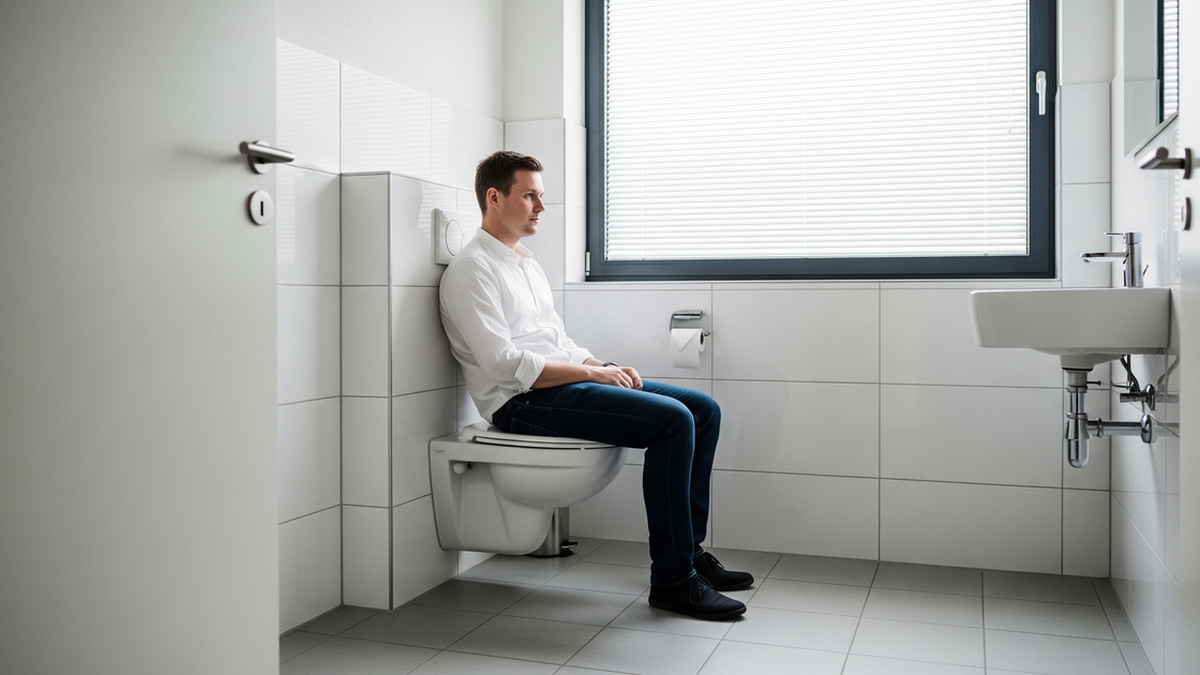Experts point out the four most accessible criticism methods, including their advantages and application situations.
Children expect criticism to be kept private.
Advantages: Protects children's self-esteem and avoids embarrassment and hurt in public. Private environment makes it easier for children to open up and accept parents' opinions.
When to use: When your child's behavior is causing inconvenience in public or needs immediate correction, take your child aside for a private discussion.

Illustration photo.
Children expect criticism to be accompanied by praise.
Advantages: Balances criticism and encouragement, allowing children to recognize their mistakes while feeling valued and recognized. Helps develop children's self-confidence.
Application scenario: When a child has achieved certain results but still has shortcomings, first acknowledge the child's efforts, then point out areas that need improvement.
Children expect criticism to be gentle and not harsh.
Advantages: Conveys information in a gentle, non-aggressive manner, reducing the child's defensiveness. Helps maintain harmony in the parent-child relationship.
How it works: For sensitive or easily frustrated children, gentle criticism can avoid arousing negative emotions and make them more willing to cooperate and change.

Illustration photo.
Children expect criticism to be instructive.
When children make mistakes, instead of reprimanding them, parents should guide them to look at themselves, because the core of criticism is to encourage children to "hold their heads high" rather than "bow their heads in shame". Correct criticism must be constructive and useful to children.
Which form of criticism is most effective depends on the child's personality, the circumstances, and the parent's communication style. Love is the foundation of family education, so only when children feel the love of their parents will they be more willing to accept criticism and change. Moreover, loving criticism can simultaneously meet the child's need to protect self-esteem, provide guidance, encouragement, and maintain harmony in the parent-child relationship.
Parenting is a practice, raising children is cultivating oneself. When children make mistakes, what parents need to do is not to use harsh words to force them to admit their mistakes, but to let them learn to think. No matter the circumstances, criticism should not destroy love, education should not destroy warmth, the connection between parents and children should not be reduced to preaching morality.
In short, criticism is an important task in family education, but how to criticize needs to be carefully considered. By understanding the advantages and application situations of different criticism methods, parents can use these methods more flexibly to help their children develop healthily.
-> 3 things you should never say to your children, no matter how much you think about it
T. Linh
Source






















![[Photo] National Assembly Chairman Tran Thanh Man visits Vietnamese Heroic Mother Ta Thi Tran](https://vphoto.vietnam.vn/thumb/1200x675/vietnam/resource/IMAGE/2025/7/20/765c0bd057dd44ad83ab89fe0255b783)















































































Comment (0)